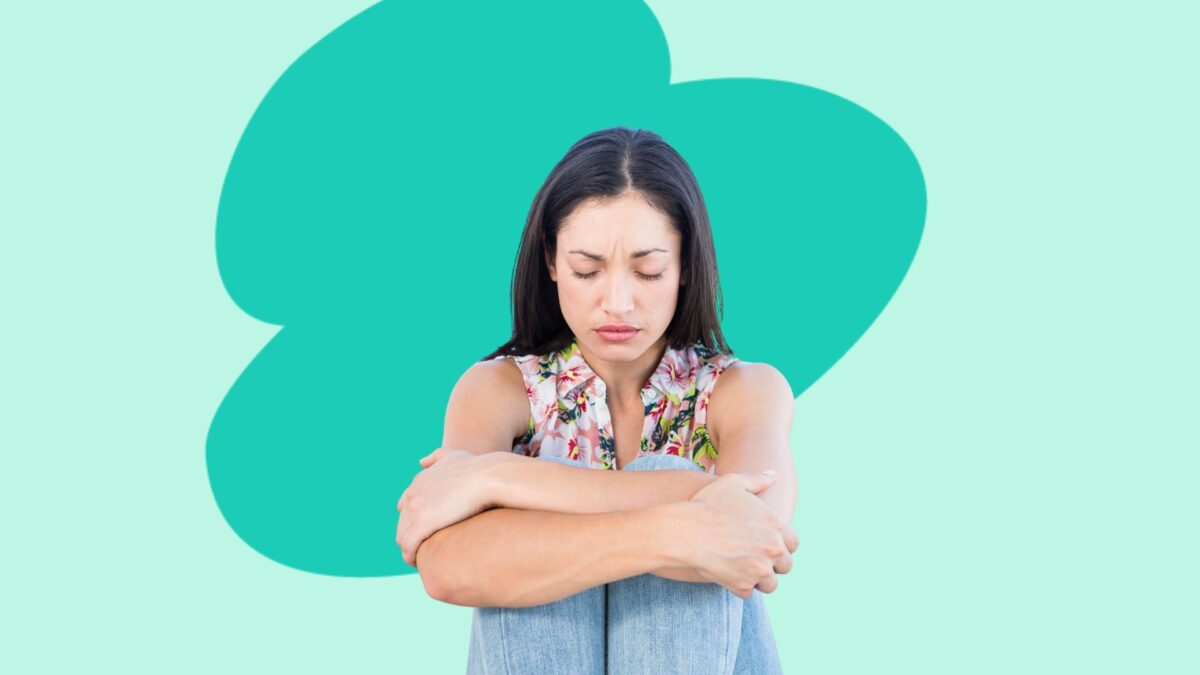It’s 11:30 pm. You’re tired. You’ve done your nightly skincare routine, read part of a book, wound down for the evening, and you are ready for bed! As you’re drifting off to sleep, you get hit in the head suddenly with a memory you had completely forgotten about! *cue flashback movie magic as you start feeling embarrassed for no reason*
You were hanging out with this person that you really liked when you were 17. It was one of your first hangout/date ever and you really didn’t understand the protocols of dating. You thought that it was going super well so at the end of the night you lean in and kiss them. Only for them to say they WEREN’T FEELING IT and they thought of you as just a GOOD FRIEND and oh god you put your heart on the line and you REALLY thought this was a date and now you feel like an idiot and you spiral into how you could sneak out of the country before you have to see or speak to them ever again.
Cut back to you in bed. Your face is red, your heart is racing and there’s no way in hell that you’re falling asleep easily now! You’re way too embarrassed.
A Deeper Look at Embarrassment
Merriam Webster says that embarrassment is defined as “feeling or showing a state of self-conscious confusion and distress”
We define it as wanting to crawl into a hole and never come out. Ostriches shove their heads in the sand, right? That’s basically what we do when we’re embarrassed. It’s probably not the best way to cope but *shrug*
Psychology Today said that the reason people likely feel embarrassed is because it’s a form of societal feedback. We feel guilt, shame, self-consciousness, awkwardness, and vulnerability so that we don’t make the same kind of mistake again in the future. It’s kind of a way of managing and policing ourselves as we go through the world.
The feeling of embarrassment is different from the feeling of shame. Shame can accompany embarrassment, but there is one biiig fundamental difference between the two. Shame is often associated with morality while embarrassment isn’t. You don’t feel morally compromised when you accidentally trip in front of a large group of people, right?
How Feeling Embarrassed Shows Up Mentally
You’ve probably been embarrassed before at someeee point in your life, so we probably don’t need to go over this, butttttt we’re going to anyway!
1. Anxiety
This isn’t a common feeling for everyone, but in some cases, anxiety can pop up alongside the feeling of embarrassment. This is more common for people who experience social anxiety and then end up ruminating on the incident that caused them embarrassment.
Omg did I really just say that to my partner’s BOSS? What if I cost them a promotion or a transfer? Holy shit, what if I ruined their career because of one stupid thing I said?
2. Depression
Sometimes if you focus on the negative experience that embarrassed you, you can become depressed. This ends up being typically a reaction from people who are already really struggling with their confidence, self-worth, and self-esteem.
I’ll never recover from this. I can’t believe I did this. Wow, I don’t deserve anything good at all… ever… Holy hell I hate myself.
3. Questioning Self-Worth
If you’re already struggling with your self-confidence and self-esteem, an embarrassing moment can end up sending you down a horrible little spiral that makes you question your own self-worth as a person. It’s such a shitty feeling. We know because we’ve done it a few times, ourselves!
I am such a loser. I can’t believe I just did that! Are you kidding? Wow, I really don’t deserve anything good. Look at what a huge fuck up I am!
4. Overthinking
You spin me right ‘round, baby right ‘round. Like a record baby, these thoughts are spinning in our heads right round, as we end up overthinking every aspect of our lives….
I will never sleep again. All I can think about is the time that I flung rice all over the floor at that really important dinner 3 years ago. Everyone saw me. Omg…
How Feeling Embarrassed Shows Up Physically
As if being embarrassed couldn’t get any worse! There are physical symptoms for it too?
1. Blushing
Who doesn’t love some cute rosy cheeks? Umm… us! Especially when it means that we’re embarrassed. When we feel embarrassed, what happens is that our sympathetic nervous system will make our blood vessels open wiiiiide up and allow blood to rush through. That’s what gives us such a red face, neck, or chest when we’re embarrassed.
2. Stuttering
Unfortunately, some of us become a little less well-spoken when we’re under stress. It’s a totally natural reaction! Unfortunately, our poor little brains don’t seem to process words and embarrassment at the same time very well.
3. Sweating
Similar to when we get anxious or stressed, our body releases stress hormones when we get embarrassed. These lovely little hormones then make us sweat a bit when we are a bit humiliated.
4. Nervous Laughter
This is called an incongruous emotion. This means that the emotion you feel doesn’t really line up with what you’re expressing. Nervous laughter can be used as a way to regulate the nervous system or even just as a way to try and save face in front of people.
5. Fidgeting
Sometimes after an embarrassing moment, we might find ourselves fidgeting a bit more than usual. Some people think that this is our body’s way of relieving stress and
How to Cope with Feeling Embarrassed
Sometimes, you might not know how to DiveThru this feeling of embarrassment. It can feel like it’s going to stick around forever and ever. But we promise that it won’t! Here are some ways to help you cope with feeling soooo embarrassed:
1. Reach out for support
If you’re feeling like you can’t cope with your embarrassment on your own, don’t be afraid to reach out! We have all felt embarrassed at one point in our lives, so don’t feel like people won’t understand. Because we will!
2. Comfort yourself as you would expect a parent or friend to do
Don’t be too hard on yourself! Be kind. Give yourself a little pep talk like you would to a friend who just made the same mistake that you did. It’ll alllll be ok!
3. Practice deep breathing
Deep breathing helps us relaxxxxx. After an embarrassing moment, sometimes what we need is to just take a moment, take a few deep breaths, and reset. Let’s do it together right now. Inhale slowly. Hold for a second, and now exhale. Ahhhh… much better! If you ever feel embarrassed, deep breathing is a fantastic way to relieve stress.
4. Journal
Counter the negative thoughts that are living in your head after an embarrassing moment by writing them down. Take a look at them and see what you can say back to yourself to help yourself out and be a little bit kinder to yourself in the process.
5. Give yourself a pep talk and create a helpful statement
If you gotta go into a bathroom and play some Cher in your headphones and give yourself a little pep talk after accidentally putting your foot in your mouth, go do it! Find a phrase that resonates with you and repeat, repeat, repeat! You’ve got this!
We will never fully be able to cure your embarrassment. Unfortunately, that’s the sort of the thing that only heals with time and wisdom. But we hope that you find new ways to work through it! We’ve all been there and we’ll likely all be there again. Just take a breath, give yourself a little love, and keep trucking on!











